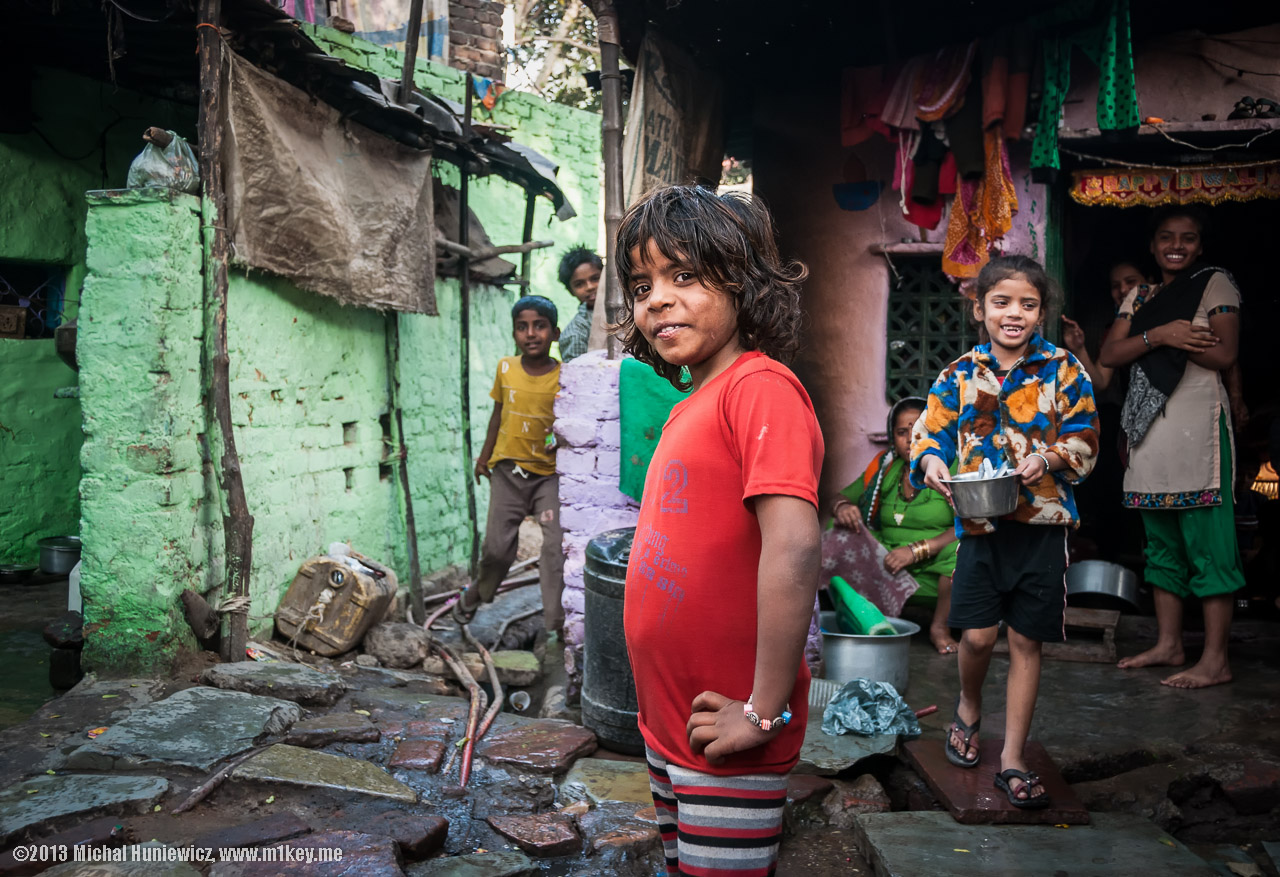Commercial sex work or prostitution is the practice of sexual association on a promiscuous and mercenary basis with emotional indifference. Commercial sex work is usually associated with women though in the present-day men and eunuchs too engage in it. It is, however, intended to focus here on women commercial sex workers purely for reasons of numerical preponderance.
The young girls and women particularly those belonging to the socially and economically disadvantaged groups are more vulnerable to be initiated into the profession. They may be forced, sold (sometimes by the family members because of poverty) or duped. The education level of women sold, seduced, kidnapped or abducted and thrown into prostitution in the developing countries is low.
The situation is worsened by the presence of large number of orphaned, unwanted, abandoned and runaway children. They are easy targets for procurers both of the country as also those belonging to other countries eager to buy prostitutes.
ADVERTISEMENTS:
Some of them take to commercial sex work in order to overcome the pangs of hunger, abuse, desertion or destitution. A large number of them are migrants in the town or city where they work; some belong to neighbouring countries as Nepal and Bangladesh.
Most commercial sex workers operate through brothels that are spatially defined premises lining specific zones in towns and cities known as red light areas. A brothel is owned usually by an elderly lady who is commonly addressed as ‘madam’. The brothel has one or more pimps who fetch clients for the commercial sex workers.
The earning is shared by all of them. Young commercial sex workers are largely exploited by the ‘madam’ and pimps of the brothel and clients who come to the brothel. They are also harassed by policemen on several occasions.
ADVERTISEMENTS:
One of the ways through which the children may be educated and raised to be responsible citizens is encouraging the commercial sex workers to send them to residential schools. Some NGOs have set up night child care centres so that the children are not exposed to the activities in the brothel that gain momentum as night falls. The commercial sex workers themselves need to be made aware of the hazards of promiscuous sexual associations and measures of protection from them.
Further, they may be motivated to, (i) attend formal or non-formal schools that would prepare them for inclusion in the national mainstream, and (ii) undertake other means of earning livelihood. Vocational training as that in tailoring, nursing etc may be made readily available to them.
It is not enough to impart training to them, what is equally worthwhile is to develop clientele for the new vocations because most people would refrain from taking service from women who have formerly engaged in commercial sex work.
The Immoral Traffic (Prevention) Act
The Immoral Traffic (Prevention) Act lays down punishment for, (i) keeping a brothel or allowing premises to be used as a brothel, (ii) living on the earnings of prostitution, (iii) procuring, including or taking person for the sake of prostitution, (iv) detaining a person where prostitution is carried on, (v) carrying on prostitution in or in the vicinity of public places, (vi) seducing or soliciting for purpose of prostitution, and (vii) soliciting or seduction by a person having custody, charge or care of, or position of authority over an individual.
ADVERTISEMENTS:
The Act also makes provision for establishing protective homes and corrective institutions in which a female offender found guilty of practicing prostitution in public places or soliciting or seducing a person in custody or charge may be detained.
Here, the character, state of health and mental condition of the offender are taken care of in an environment conducive to the correction. There are several NGOs engaged in rescuing women from brothels, treating them for various diseases, and redefining their means of livelihood.

